Metal detecting is a hobby that combines the thrill of exploration with the potential for discovering hidden treasures. But when it comes to metal detecting on Bureau of Land Management (BLM) land, there are specific rules and regulations that treasure hunters must follow.
This article will delve into the details of metal detecting on BLM land, ensuring that enthusiasts understand what's allowed and what's not.
Key Takeaways:
- Understanding the regulations for metal detecting on BLM land is crucial for legal and responsible treasure hunting.
- Active mining claims, prehistoric and historic artifacts, archaeological sites, and national monuments are off-limits for metal detecting without proper permission.
- It's essential to check with the local BLM office for the latest information and any required permits for metal detecting.
Understanding BLM Land and Metal Detecting
The Bureau of Land Management oversees a vast array of public land across the United States, and these lands are open for various recreational uses.
Metal detecting is generally allowed on BLM land, but with certain restrictions to protect historic sites and ensure that any recreational mineral deposits found are handled correctly.
Before heading out to use a metal detector, it's important to familiarize yourself with the specific rules that govern the land you're interested in exploring.
Metal detecting on BLM land is a privilege that comes with the responsibility to respect the land and its historical artifacts and historical significance.
While searching for coins, relics, or modern money, metal detector enthusiasts must be mindful of the environment and any historical artifacts they may encounter.
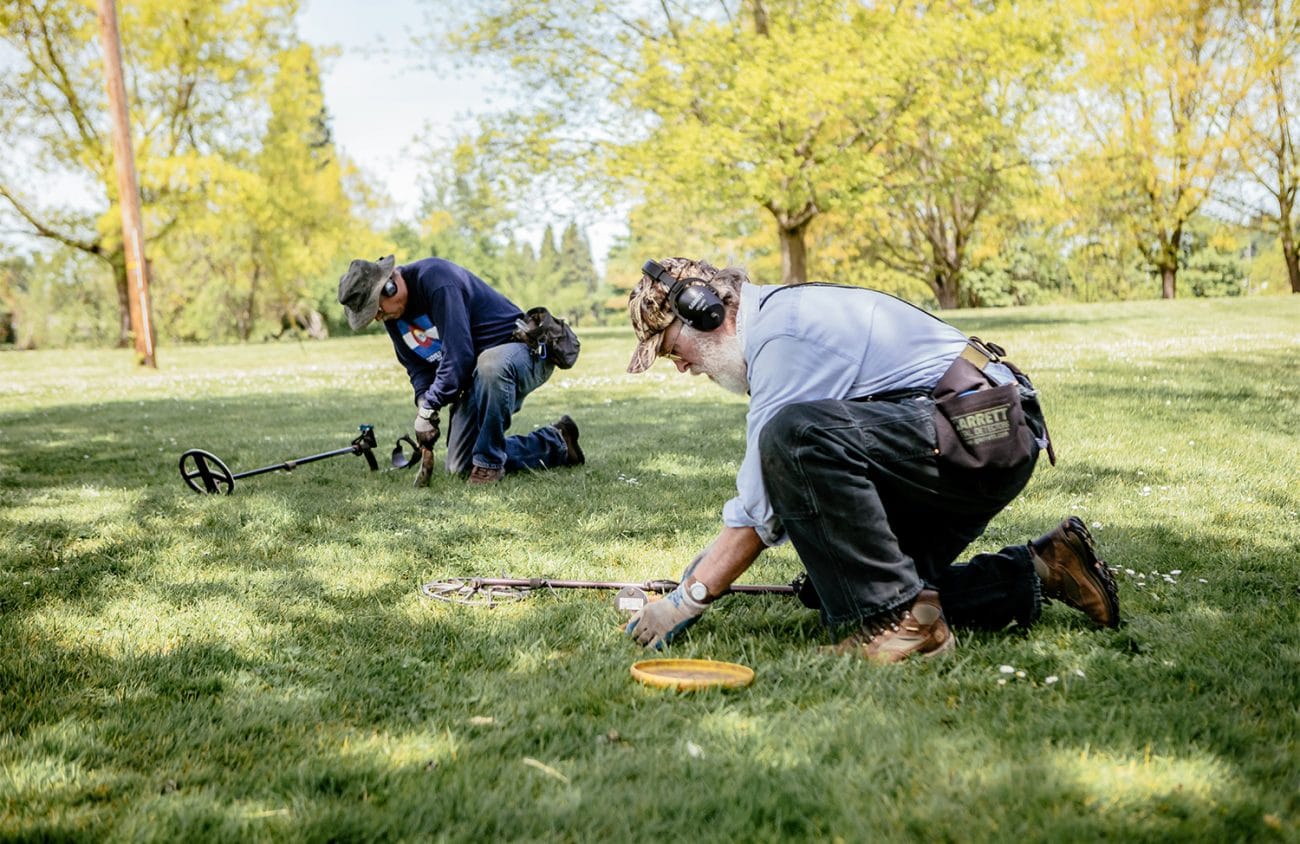
Navigating Active Mining Claims
Active mining claims are a critical consideration when metal detecting on BLM land. These claims are legally filed by individuals or companies to extract minerals from a specific area of land.
If you're metal detecting and stumble upon an active mining claim, you must have the claim holder's permission to search and dig.
Mining claim records are available at the local BLM office, and it's a good idea to check these before you set out to ensure you're not inadvertently trespassing on someone's claim.
Prospecting for minerals like gold and silver on BLM land can be an exciting venture, but it's essential to respect the rights of those who have established mining claims.
Without the proper authority, digging in these areas can lead to legal issues and disrupt the claim holder's operations.
The Importance of Archaeological Sites
BLM land is home to numerous archaeological sites that hold significant historical and cultural value. Metal detecting in these areas is typically prohibited to protect these important sites.
If you're caught detecting or digging at an archaeological site without explicit permission, you could face severe penalties, including fines and confiscation of your equipment.
Treasure hunters must be aware of the locations of these protected sites and avoid them during their searches. The BLM and other land management agencies take the preservation of these areas very seriously, and so should anyone wielding a metal detector.
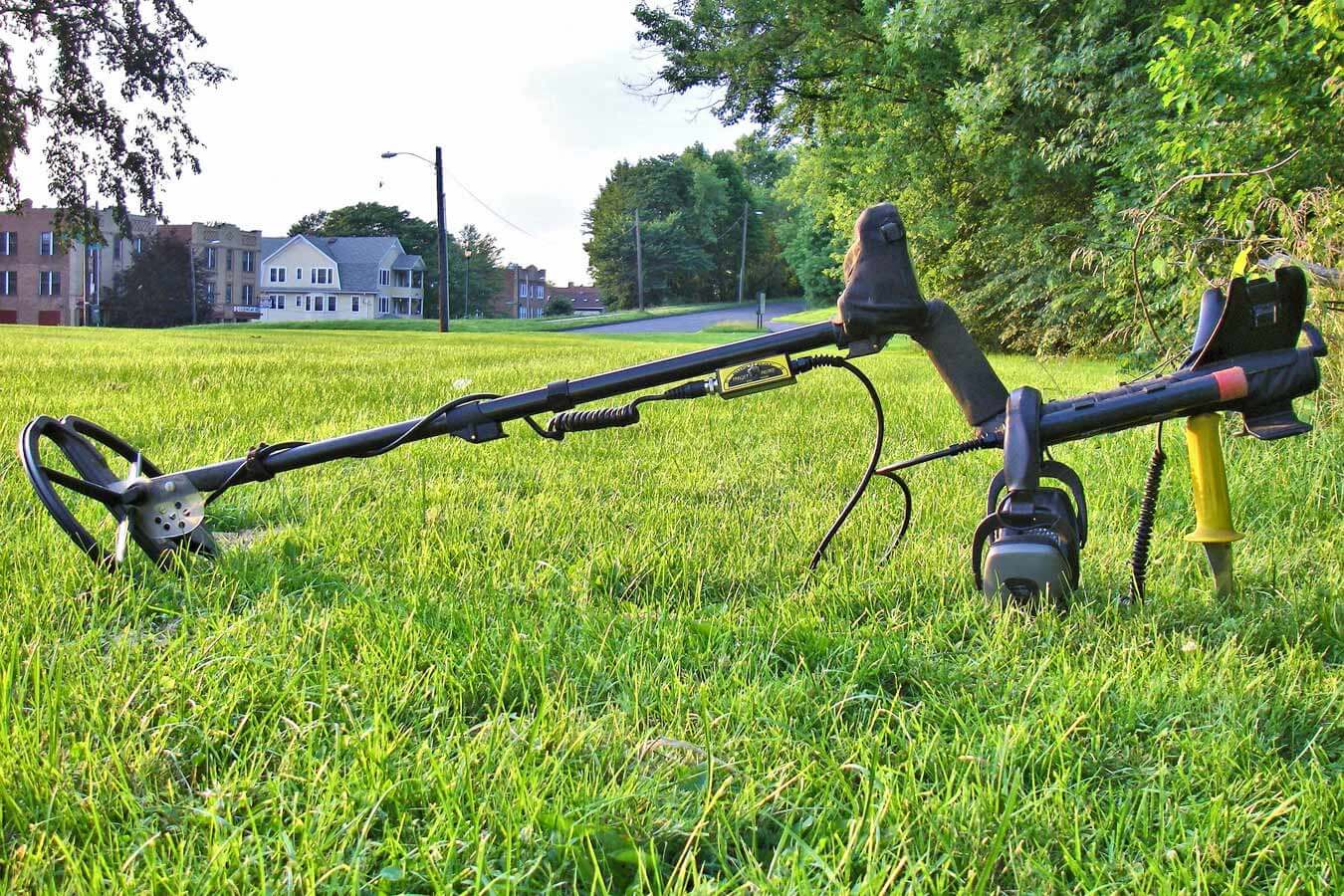
Metal Detecting and Private Land
While BLM land is public, it often borders private property where different rules apply. Metal detecting on private land without the landowner's permission is not only a bad idea, but it's also illegal.
Always obtain explicit permission from the landowner before searching or digging on private land.
This courtesy helps maintain good relationships between metal detector users and private landowners and ensures that your hobby rock collecting doesn't turn into a legal headache.
Private land can hold just as much potential for exciting finds as public lands, but the key to accessing these opportunities is through respectful communication and obtaining the necessary permissions.
Metal Detector Use in National Parks and State Parks
National parks and state parks often have their own rules regarding metal detecting. In many cases, the use of metal detectors is strictly prohibited or limited to certain areas with a permit. These restrictions are in place to protect the natural and historical resources within these parks.
Before planning a metal detecting trip to national forests or state parks, check with the park authority for the most current regulations.
Permits, if available, will outline where and how you can use your metal detector, as well as any limits on what you can do with any items you find.
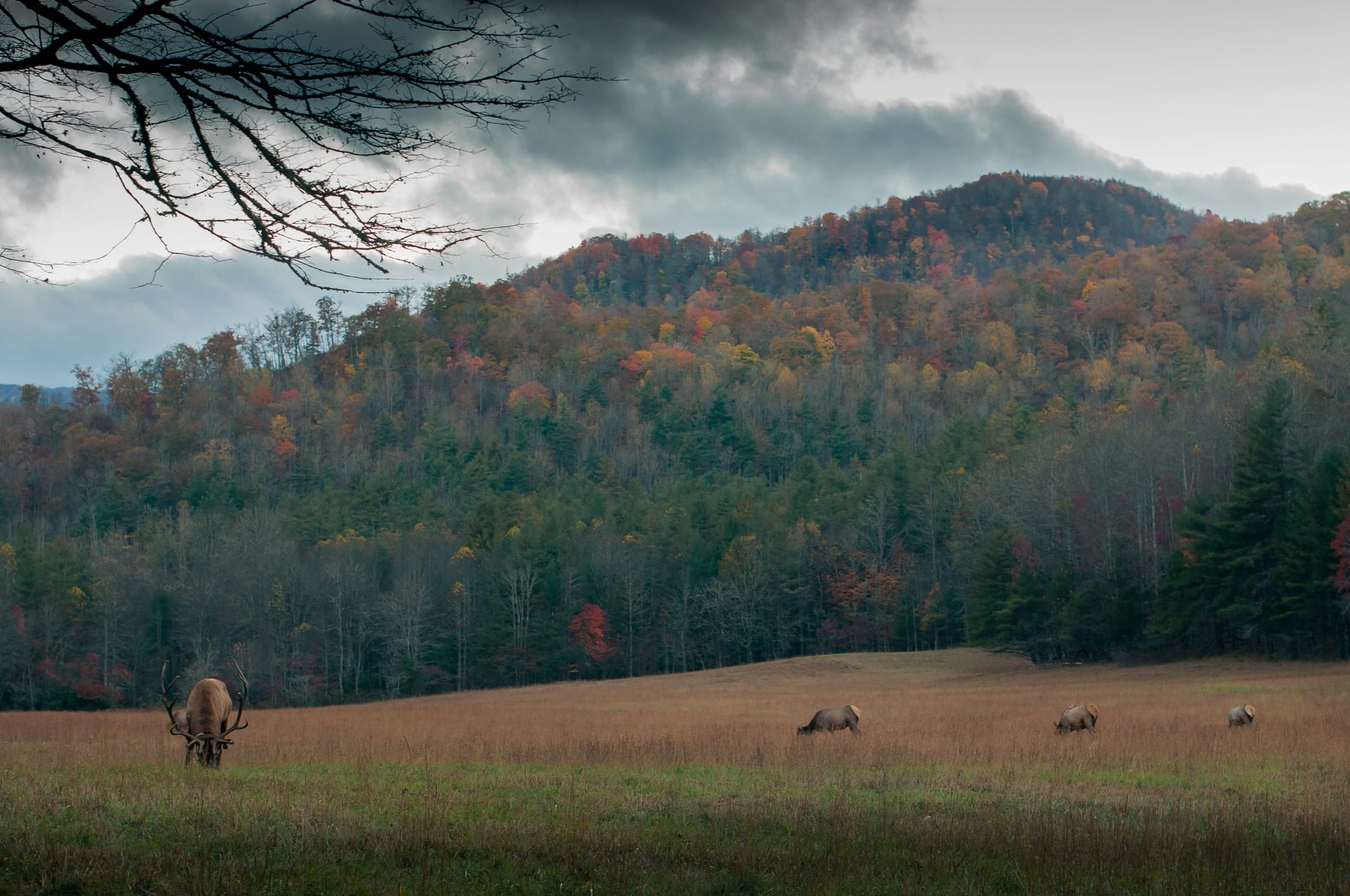
Recreational Use and Environmental Considerations
When metal detecting on BLM land for recreational use, it's important to practice Leave No Trace principles.
This means filling in any holes you dig, removing any trash you find, and generally leaving the area as you found it. The goal is to minimize the impact on the environment and ensure that the land remains pristine for future visitors and wildlife.
Recreational use of metal detectors should also be done with consideration for the local wildlife and plant life. Disturbing the ground can have unintended consequences, so it's important to tread lightly and be mindful of the ecosystem around you.
Seeking Permission and Understanding Limits
Before you start scanning the ground with your metal detector, it's crucial to seek the appropriate permissions.
This may involve obtaining permits from the local BLM office, forest service, or other land management authorities. These permits will outline the limits of what you can do, where you can search, and what you're allowed to keep.
Understanding these limits and adhering to them is essential for a legal and enjoyable metal detecting experience. It ensures that you're in compliance with the laws and that your activities don't negatively impact the land or its historical treasures.
The Legal Landscape of Metal Detecting
The legal landscape surrounding metal detecting on BLM land can be complex. There are federal, state, and local laws that govern the use of metal detectors and the removal of any items found.
It's important to be aware of these laws and how they apply to the area where you plan to search.
For instance, the Antiquities Act and the Archaeological Resources Protection Act are federal laws that protect historical and archaeological resources on federal land.
Violating these laws can result in significant penalties, so it's important to understand them before you begin metal detecting.

Some Final Thoughts
Metal detecting on BLM land can be a rewarding hobby, but it comes with a set of rules and regulations that must be followed. Active mining claims, archaeological sites, and the borders of private property are all areas where metal detector use is restricted or requires permission.
National and state parks have their own rules, and recreational use should always be conducted with environmental considerations in mind. Always seek permission and understand the legal limits to ensure a responsible and enjoyable metal detecting experience.
Stuff You Need To Know!
Here at TopRatedStuff.com the outdoors is our home. We offer comprehensive reviews on all outdoor gear, sporting goods, and many other top rated products. If you’re a Camper/Backpacker/Fisherman, we’ve got you covered!
If you’re into Tennis/Golf/Pickleball, we’ve got everything you need including informative tutorials and informational articles. Maybe you’re a Prospector/Miner? We’ve got all the gear you need to get started and many great articles that will help you succeed!
We read through countless reviews online and only talk about the best rated top selling products so you can skip all the research and purchase whatever it is you’re looking for, quickly and efficiently!
Thanks Again for checking out our site and we hope you come back and visit us for any of your purchases! Natures gym is always open! Find your Zen outside!
FAQ's
Q: Is it legal to metal detect on BLM land? A: Yes, it is generally legal to metal detect on BLM land, but there are restrictions to protect historical sites and active mining claims. Always check with the local BLM office for the most current regulations and any required permits.
Q: Do I need a permit to metal detect on BLM land? A: In some cases, you may need a permit to metal detect on BLM land. It's best to contact the local BLM office to find out if a permit is required for the area you're interested in.
Q: Can I keep what I find while metal detecting on BLM land? A: It depends on what you find and where. Items such as coins and relics may be kept if they are not historically significant or part of an archaeological site. However, any mineral finds, such as gold or silver, may be subject to mining laws. Always check with the BLM office for guidance on specific finds.
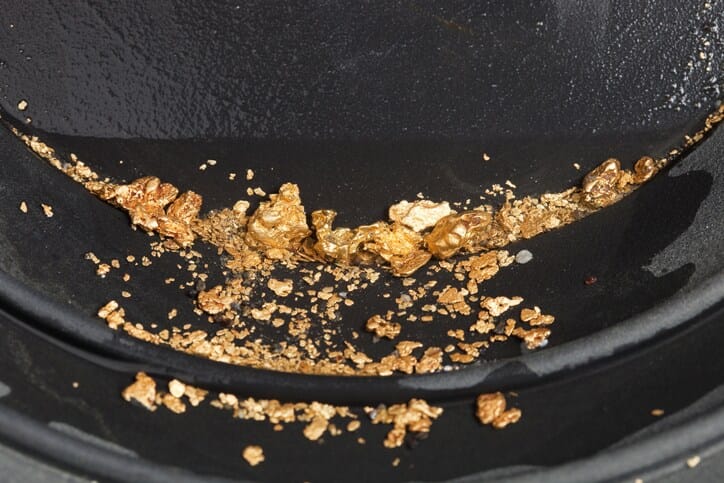


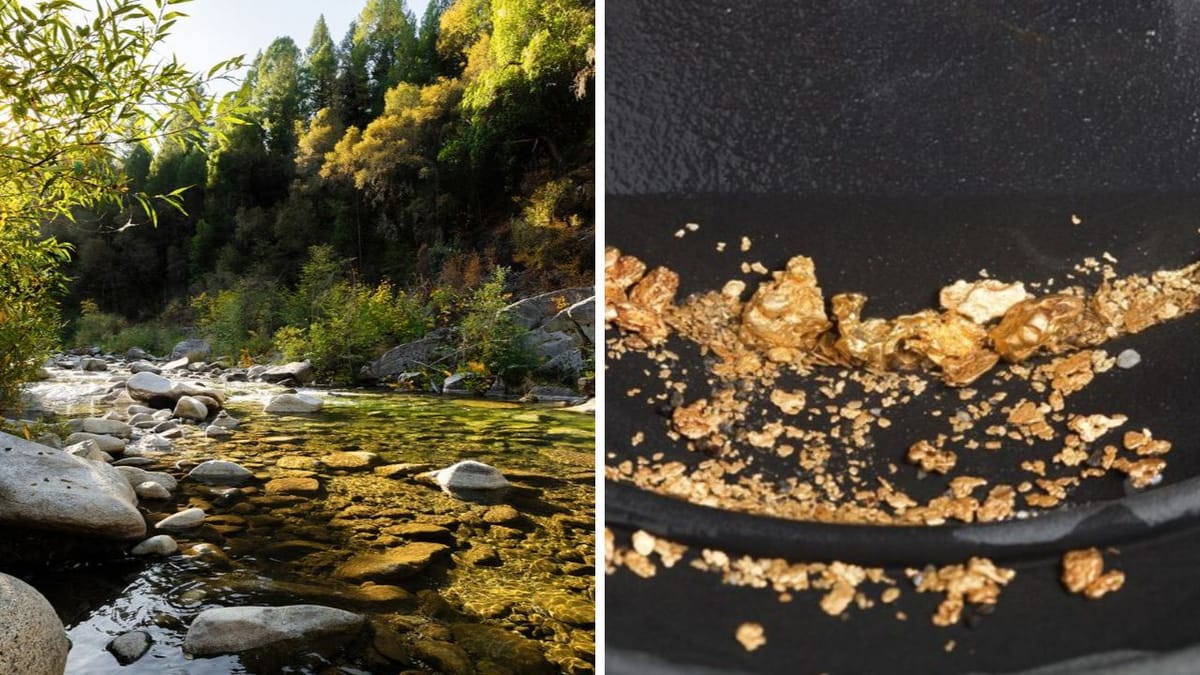











Member discussion